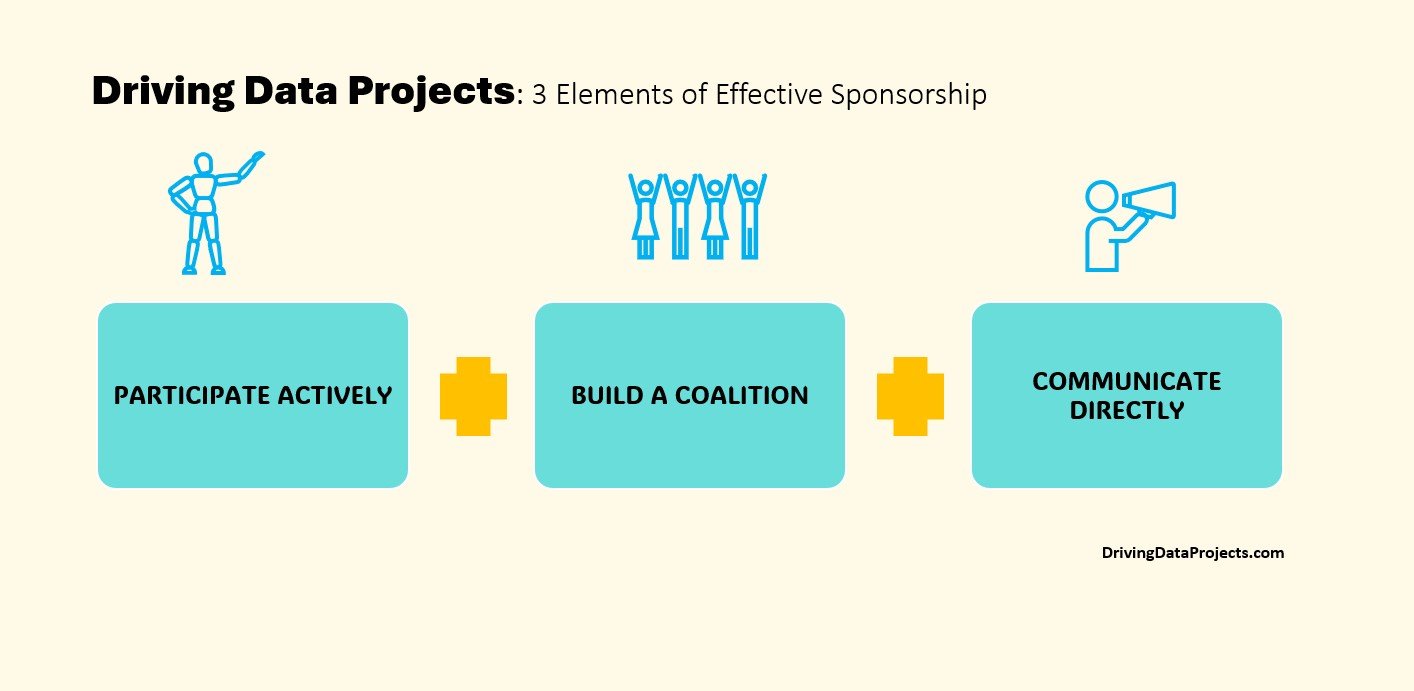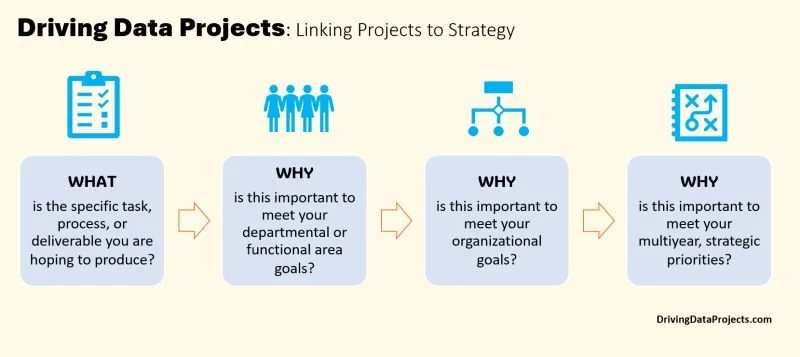One of the biggest ideas in Driving Data Projects (the book) is that "all technology projects are data projects." Yet data is still an afterthought in many organizations—even with AI on the horizon (or now, in many firms' backyards).
Author of Data Quality: The Field Guide, Tom Redman, popularized the idea that the most important moments in a piece of data's lifetime are the moment it is created and the moment it is used. These moments often occur outside of IT. The business consumes vast amounts of data, emphasizing the importance of business involvement in data quality management. Those who have provisioned and consumed data know from experience that bad data dies hard. It will get rid of you if you don't get rid of it.
Read MoreThe buzz around data and artificial intelligence (AI) often overshadows a fundamental truth: the core of any successful endeavor remains distinctly human. As businesses navigate the complexities of the digital age, the importance of human insight, empathy, and value-driven strategies becomes increasingly evident.
Read MoreAs I considered how to promote my new book on driving data projects, I wanted to include myths and misconceptions that reinforce their value. I have experienced many of these in teams I’ve worked on or with. Data projects are not a static set of routines. It's a constantly evolving, open-to-innovation process.
Only 54 percent of organizations fully understand the value of project management, according to PMI's Pulse of the Profession™ report. That might explain, in part, why project success rates are so low: Less than two-thirds meet their original business intents.
Read MoreWhen driving data projects, you will encounter business stakeholder challenges that often go unspoken. This is not always because people hold back but because they don't fully know how to vocalize their constraints.
If they can't directly address their requirement, chances are we can't either. To hear others' speech, we start by asking questions from different perspectives.
Read MoreAs we continue to drive data projects, familiar challenges begin to present themselves. By observing, we can become better diagnosticians of systemic issues. Learn what to avoid and how to navigate them better.
Read MoreChange management wouldn’t be so hard if it weren’t for…the people. Open issues or objections left unresolved today cost time down the road. Suppose work starts before these concerns are mitigated. Stakeholders might get frustrated or begin to hold back their participation. Work produced might have difficulty getting implemented. Buy-in realizes impact.
Read MoreA popular misconception of senior leadership is that effective executive sponsorship is a clearly understood skill. Many assume executives receive developmental feedback about becoming effective sponsors. Sadly, there is little training on sponsorship from middle management on up.
Leaders often accept sponsorship of an activity, not knowing what it entails. Some think it means sending a few enthusiastic emails about an initiative, propping up delegates in meetings, and moving on to the next thing. Some organizational cultures tolerate those actions as enough.
Read MoreIt can be challenging when stakeholders cannot translate business questions into technical requirements or do not provide enough context for data teams to do so. From there, the data team is often left to maintain the status of a series of ad hoc projects rather than connect these business questions to a larger more defined data strategy.
Read MoreSince most people don’t know a lot about IT organizations or data teams it’s important to understand why moving from ad hoc efforts to a mature approach to driving data projects makes sense. The timing might not be right (now). Becoming data-driven through data as a service requires a serious investment of resources, finances, staff, equipment, services, etc.; scaling efforts will only increase those topline demands. It’s a serious ongoing commitment many organizations find themselves surprised by—even today.
Read MoreMost data teams cover WHAT and HOW with standard reports and KPIs. They will optimize processes and analyze business domains impacting the company's bottom line from a data perspective.
But how many data teams truly understand the WHY behind the reports they generate? How many actively consult with the business as a true partner to understand the underlying business concerns behind the numbers? Without the WHY, delivering true value in the WHAT and HOW is ten times harder.
Read More



